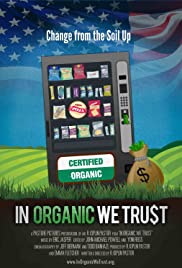
What’s “organic” really? Are people better off eating organic foods? Are organic farms better for the environment? This film looks into the organic food industry and explore its shortcomings. We will explore cost, access, and health. Most importantly, it will examine paths towards a truly organic, self-sustaining agriculture system with local farmer’s markets, urban farmers, and school gardens inspiring new solutions.
You May Also Like

In the ice-gripped environment of Alaska’s Admiralty Island, summer offers the briefest of respites. Year-round residents such as bears and seals turn to the salmon-filled waterways for sustenance. Meanwhile, migrants descend in droves, from humpback whales to over 140 million seabirds–almost half the birds in the Northern Hemisphere.
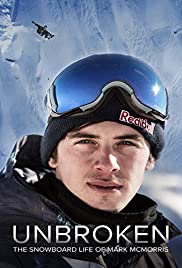
After a horrific backcountry accident leaves professional snowboarder Mark McMorris in the ICU, he fights for his life and faces an existential crisis.
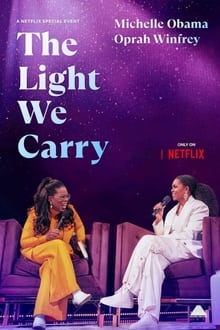
Michelle Obama delves into the challenges and life lessons that shaped her second bestselling book in an illuminating conversation with Oprah Winfrey.

Comedian Neal Brennan riffs in this stand-up special on crypto, social media flexes, sex compliments, and the link between greatness and mental health.

Follows the evolution of Jones, who grew up on the South Side of Chicago and was introduced right away to music and the politics of race.
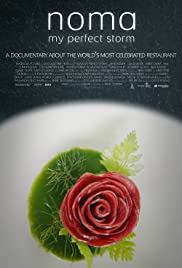
A creative journey into the unique mind of René Redzepi, chef and co-owner of Noma, voted best restaurant in the world four times.

How is it to be homeless in one of the World’s Richest Country, where to sleep and what to eat? Poverty is almost the same tragic situation in rich California and the poorest Appalachian region.

In the early 1970s, Toronto filmmaker Keith Lock moved to Buck Lake, where members of the Toronto art scene were undertaking an experiment in communal living. Lock filmed the achievements and daily rituals of his fellow communards, his camera bearing witness as a community assembled and dispersed. The resulting film uses poetic strategies, including logograms and other graphic disruptions, to extend its themes of renewal and rebirth, and to mark the encounter between reason and imagination, the concrete and the abstract. A landmark work of Canadian underground cinema, a film diary with mystic and symbolic overtones.

Despite restrictions beginning under the regime of Fidel Castro, heavy metal band Zeus became icons of the Cuban music scene. Over the decades, the band and their front man, Diony Arce, have challenged the status quo under threat of government suppression. As the bandmates approach their 30th anniversary together in a shifting political and social climate, they embark on a national tour while contemplating the cultural influence of metal as a genre and music as their life’s purpose.
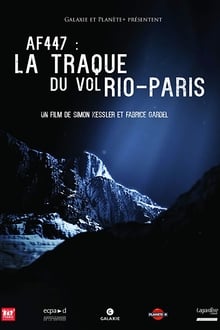
On June 1st, 2009, Air France flight 447 disappeared somewhere over the South Atlantic. After five lengthy, costly search campaigns, the plane was finally located and the black boxes recovered. Now, for the first time, footage from the search missions has been made available. We discover the story behind this search for an aircraft lost, and found, in the middle of nowhere.

Danielle de Niese explores the lives and works of five female composers – from the Middle Ages to the late 20th century – who were famous in their lifetimes, but whose work was then forgotten. Western classical music has traditionally been seen as a procession of male geniuses, but the truth is that women have always composed. Hildegard of Bingen, Francesca Caccini, Clara Schumann, Florence Price and Elizabeth Maconchy – all these women battled to fulfill their ambitions and overcome the obstacles that society placed in their way. They then disappeared into obscurity, and only some have found recognition again.
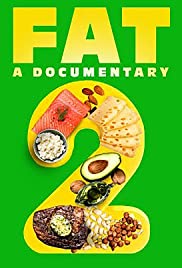
FAT: A Documentary 2 is the sequel to the international sensation that delves deeper into the lies and myths surrounding the age old question: “What should I be eating?”